On any given Sunday morning these days, we gather around our laptops or phones, or gather in small, distant family groups in our churches’ sanctuaries to worship and to hear a word from God. In the context of our beautiful liturgical traditions, we are comforted by the familiar rhythm of Scripture readings from the lectionary that precede and inform the homily. Our loving pastors begin by repeating and reinforcing a portion of the text we’ve just read or heard, reminding us of the familiar parts of the passage and providing context we may not have been aware of before. Then they weave in their personal experiences with current events to further clarify the relevance of the Bible passage to our lives. Week after week, our pastors remind us of our connection to each other and to our Creator, clarifying Scripture’s call for disciples to actively follow Christ’s example. Week after week, our pastors remind us that the same God who made us equips us for this work, that our privilege, joy, and obligation, are to fulfill our purpose and calling within God’s kingdom.
In Black is King, Beyoncé joins the ranks of pastors before her to illustrate beautifully for us all, our divine creation and purpose.
The earliest images in Black is King reimagine Simba’s birth at the beginning of The Lion King. The baby royal is cradled in Beyoncé’s arms as she walks along the beach with a procession of women reminiscent of Sarabi and her crew, cooing “Bigger” to baby, then toddler, then young child Simba – willing him to understand that his life is significant, tied to a loving Creator who has breathed purpose into his life. Soon, glimpses of Rafiki and Mufasa join the stars to beckon Simba and the congregation deeper still into a sense of connectedness to the ancestors who’ve gone before us. We people of faith are reminded of Hebrews’ cloud of witnesses.
Next comes a disorienting jumble of young Simba wandering into a rundown building inhabited by shifty-looking characters – including his uncle Scar – who appear to have dubious intentions. As the scene draws to a close, Mufasa comes to retrieve his lost son from what is clearly the wrong side of town, and is hit by a car. Although Simba has been admonished by his mother to find his way back, we realize that he has lost his compass, just as we all do at some time in our lives.
Once Mufasa’s majestic funeral concludes and Simba is rescued by a masked Timon/Pumba hybrid character, we glimpse a lavish lifestyle undoubtedly enjoyed by a wealthy one-percent under Scar’s ill-gotten reign. Soon after, Beyoncé draws on the imagery of Moses’ mother placing him in the water in hopes of saving his life, as she walks in the opposite direction of multiple people who appear to be running for their lives, and tearfully places her baby in a basket.
The call to action materializes as the precious baby in the basket washes up on the shores of heaven and is lifted from the water and joyfully embraced by Beyoncé. In the moments that follow, Simba is summoned home to his community, purpose, and home; we too hear the awakening of our spirit to the true purpose for which we have been created, recognizing once again the vacuum that is created in our spiritual community when we abdicate the calling on our life.
As in the animated movie that Black is King broadens and reimagines, the ending scene depicts Simba restored to his rightful throne, a new baby royal raised to the heavens in a show of dedication to his purpose, calling, and community.
The beautiful artistry of Black is King is drenched in the beauty of the African continent. Its Afrobeats performers and musicians, gorgeous imagery, ancient spiritual symbolism, and universally relatable story hold up for all the world to see, that Blackness is versatile and beautiful and free. Even amid its uniquely and intensely Black backdrop, the tale remains global, and decidedly gospel. Where else but the kingdom of God, after all, do we see a people historically beaten down, arise and thrive in glory and splendor: forging connection and community despite painful separation and malicious manipulation, to triumphantly re-join with their Creator, purpose, and community? Where else but the kingdom of God do we see young children affirmed and elders revered, slender and curvy bodies moving rhythmically, instinctually, joyfully? Where else but the kingdom of God do we see beautifully arrayed skin tones displayed and celebrated, connected with a sense of purpose in both the here and now and the sweet hereafter?
Black is beautiful, chosen, undeterred, and divine.
Indeed, Black is king.
Amen.
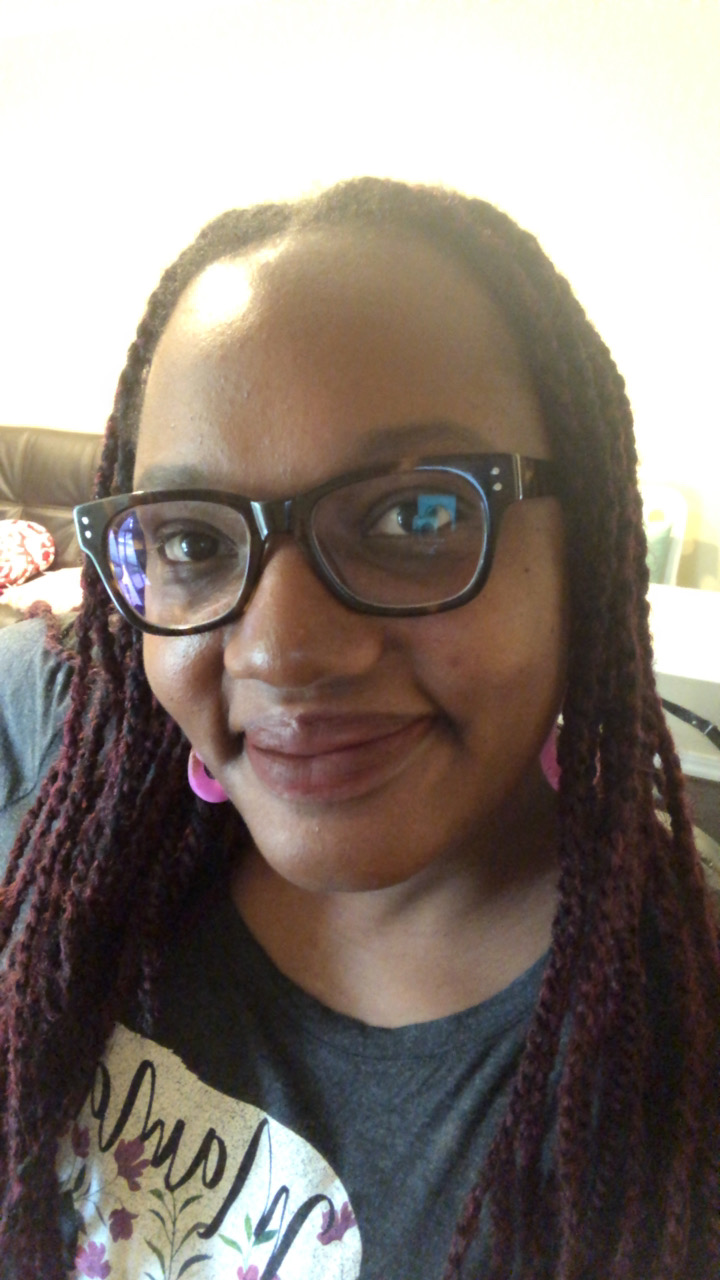
Querida Duncalfe is a high school English teacher and aspiring writer. She writes about race, faith, identity, and their intersections at Something True. She and her husband have two beautiful sons. And even though neither of them is originally from East Texas, they met there twenty years ago and stuck around to raise their family. She is passionate about her family, her faith, her blackness, and her vocation.


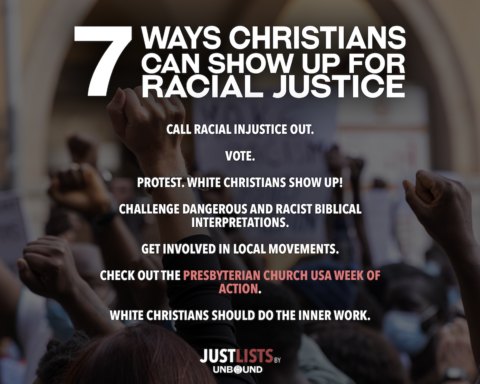
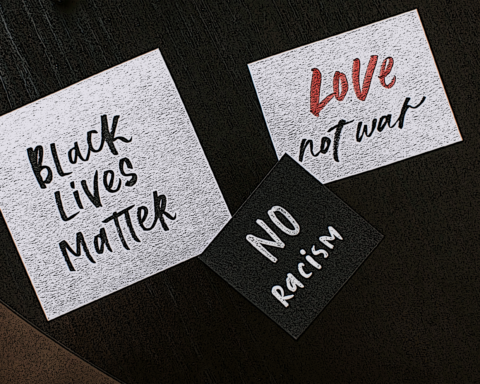
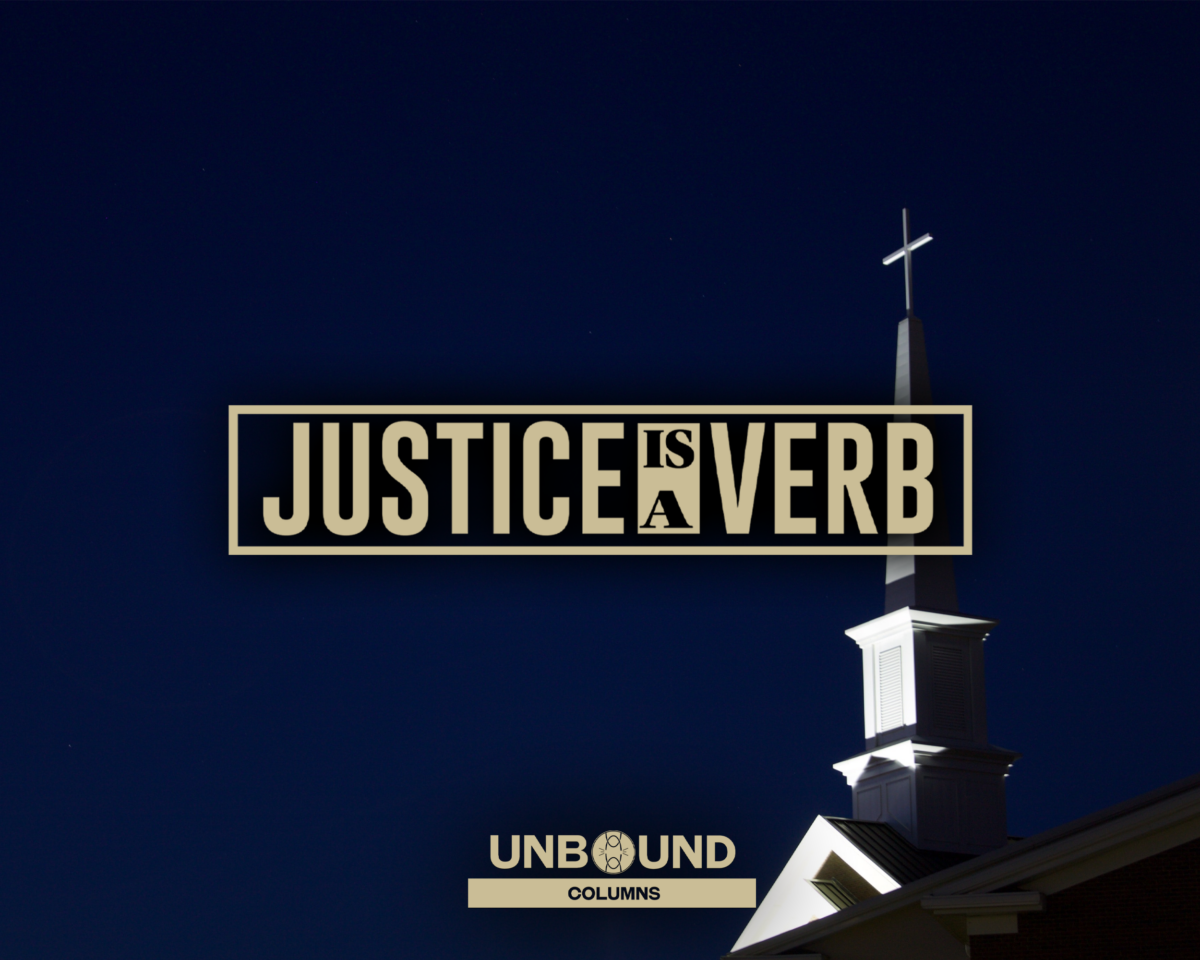
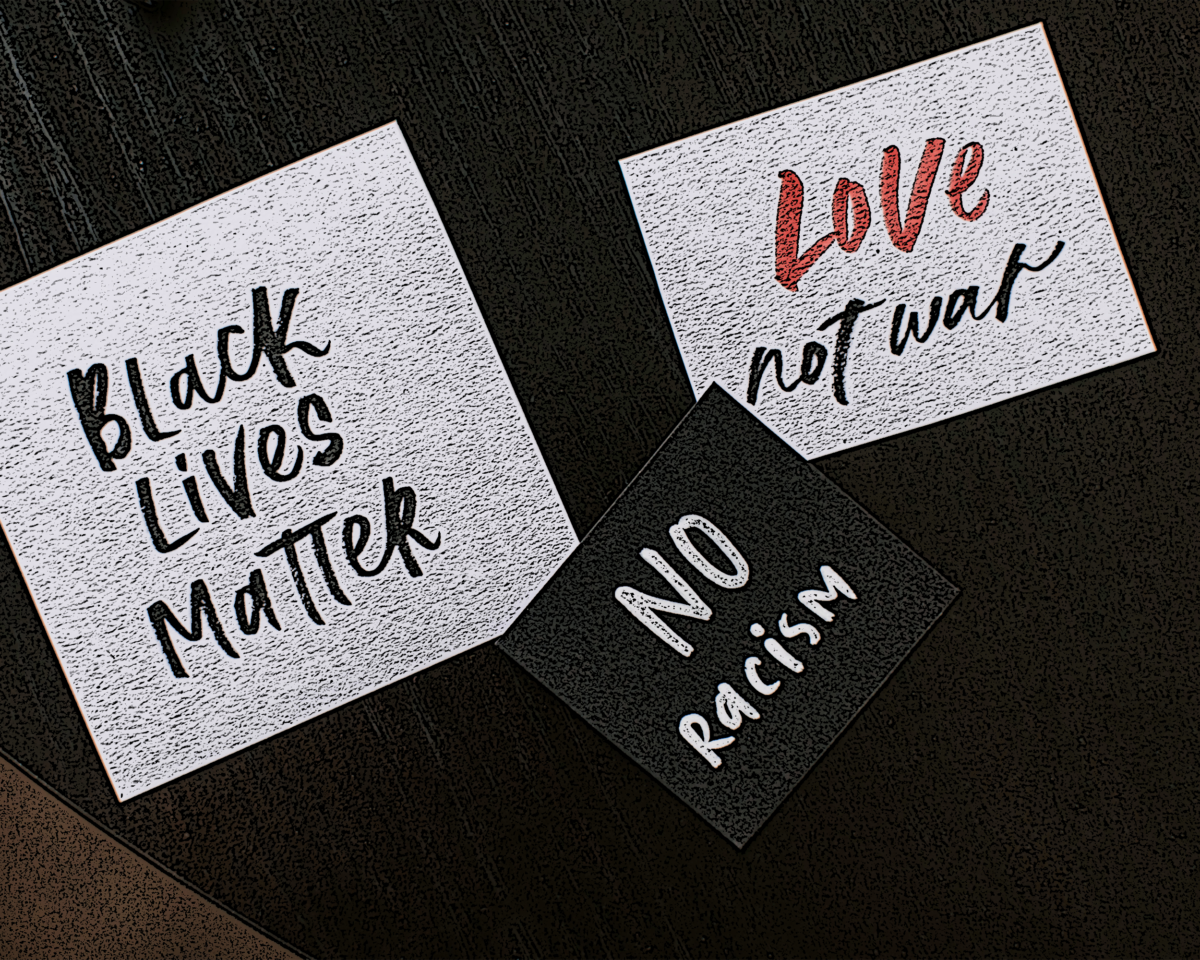
Unbound Social